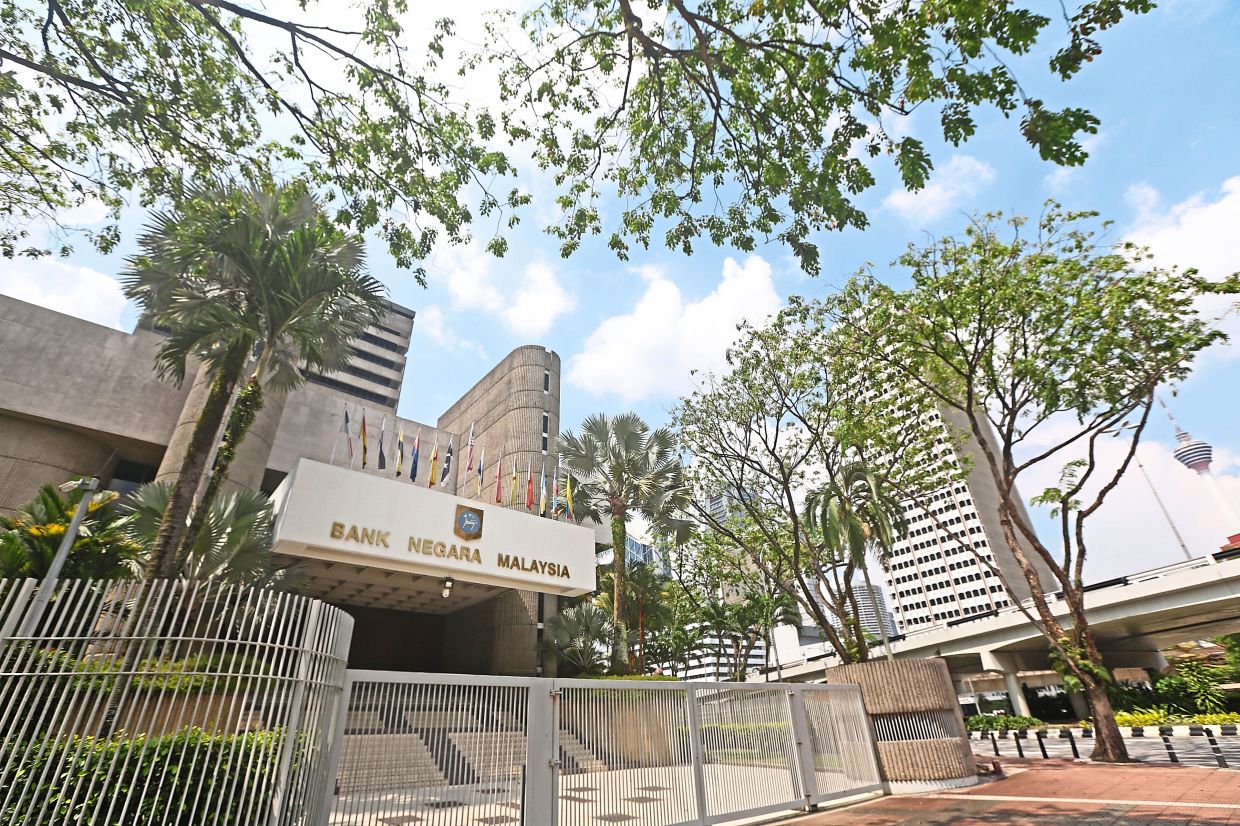Malaysia: Navigating potential economic growth for the country
THE supply chain disruption after multiple Covid-19 lockdowns, China’s zero-Covid-19 policy, and Russia’s war of aggression against Ukraine has caused an unprecedented challenge and hindered recovery efforts for Malaysia’s economy, which has also been significantly affected by these turmoils.
With the strong demand for and supply chain challenges, tight labour markets, and increase in commodity prices, this has led many central banks to continue raising interest rates to manage inflationary pressures.
In January this year, Bank Negara has decided to maintain its overnight policy rate (OPR) at 2.75% from its previous revision to cushion the impact on investment, as businesses will have to reconsider their expansion plans while taking into consideration higher interest rates and repayment plans should there be any further increase of the OPR.
Slower investment growth will also have a knock-on effect on businesses and the employment market.
Rising inflation rate
In efforts to recover, Malaysia is relying on new investments to generate more job opportunities to curb unemployment rates which has increased since 2019 according to the World Bank.
The rising inflation rate in Malaysia has increasingly delayed economic growth this year compared to 2022 where it’s forecasted to grow by only 4.5%.
As of December 2022, the Statistics Department recorded the nation’s annual inflation rate at 3.3% which increased by 0.8% from its previous year in 2021.
Furthermore, the recent Budget 2023 announcement projected our national inflation rate this year to range between 2.8% and 3.8%.
Surpassing the national average inflation rate of 2% for the past 12 years (2011-2022), we have seen an increase in the price of goods and services, for example, utilities service, food and beverage, transportations, and households’ equipment.
This price hike can be translated in the consumer price index (CPI), which has only decreased by 0.1% from 3.8% in December 2022 to 3.7% in January 2023 due to slower increase in inflation rates for some goods and services.
This inflation issue has posed a crucial impact to the cost of living, particularly for the B40 and M40 communities where minimum wage has been a heavily discussed topic by professionals.
According to the Statistics Department, post-pandemic, 20% of M40 households have fallen into the B40 group, while inflation rates for income groups below RM3,000 in 2021 have increased by 2.2% from 2020.
As one of the initiatives under Budget 2023, the government has proposed to reduce personal taxation to lessen the burden of the M40 group and this is expected to benefit around 2.4 million taxpayers.
Indisputably, the pandemic has caused a stir for governments worldwide, including Malaysia, to manage the issue of governance – a controversial subject highlighted daily by the mainstream media.
According to the World Bank, Malaysia’s rating for control of corruption dropped from 62.5 in 2020 to 61.1 in 2021 while our government’s effectiveness rating dropped from 82.7 in 2020 to 81.3 in 2021.
As Malaysia relies heavily on foreign direct investments to boost its economy, there are concerns over foreign investors’ lack of confidence in the nation’s governance, especially in the public sector space.
This may deter them from expanding their new business here, subsequently delaying the recovery of our economy.
In tough economic situations, proper and effective governance is crucial to drive up Malaysia’s economy while mitigating the impact of economic recession and monetary inflation.
For government projects, emphasis should be placed on the concept of value for money.
Curbing nepotism, cronyism
In his speech on November 29, 2022, Datuk Seri Anwar Ibrahim shared that moving forward, procurement of government projects will be done through open tenders while procurement through direct negotiations will be minimised.
This enables the government to get the best value for money for project procurement and the ability to curb nepotism and cronyism.
Additionally, as part of Budget 2023, the government is planning to efficiently manage its expenses which is expected to improve its fiscal deficit from minus 5.6% to minus 5% in 2022.
In the current endemic phase, domestic and foreign direct investments are some of the key elements in boosting our economy.
It is projected that a focus in these areas will create better job opportunities, indirectly aiding those who lost their jobs during the pandemic.
According to the Malaysian Investment Development Authority, the government has made a continuous effort in creating a conducive business ecosystem domestically.
As a result, in 2022, Malaysia has recorded approved investments worth RM264.6bil in the manufacturing, services and primary sectors.
Through realisation of these new investments, an estimated 140,370 job opportunities will be created across various sectors.
Another key driver of Malaysia’s economic growth is agriculture, making up 10% of Malaysia’s annual gross domestic product.
The sector saw a significant growth in its trade balance which increased by 66% in 2021 – helping propel our economy further.This sector plays a critical role in the stability of our food security issue, particularly in the agrofood sub-sector industry.
In times like this, a holistic approach through market assessment and industry study is important to understand the socioeconomic impact of the economic situation.
It is essential for us to review current policies and strategic plans to develop a more cohesive transformation plan, within the public and private sectors, to identify new opportunities and ensure its efficiency and adaptability.
Through the collective efforts of both public and private players, Malaysia is poised to improve its image in the lens of investors.
With aspirations to make the country a leading investment hub in the region, these efforts will ultimately uplift the economic and socioeconomic status for all Malaysians.
Nik Anira is infrastructure and economics leader and Syazwan Shatri is the financial advisory and senior associate of Deloitte Malaysia. The views expressed here are the writers’ own.
Source: https://www.thestar.com.my/business/business-news/2023/03/20/navigating-potential-economic-growth-for-the-country


 English
English




